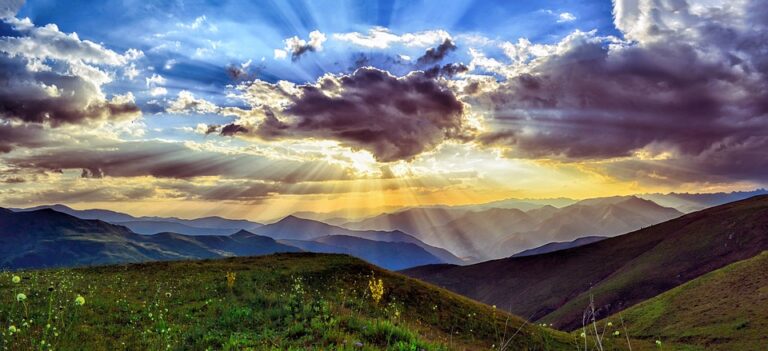Speeding Towards Crisis: Unprecedented Acceleration of Climate Change
In the span of just a few generations, the speed at which humanity has altered the Earth’s climate has shifted from a gradual concern to an alarming crisis. What was once a distant threat on the horizon is now a pressing emergency as we witness the unprecedented acceleration of climate change. This transformative swift pace is reshaping ecosystems, economies, and human societies, raising urgent questions about our future and the viability of our planet.
The evidence for this rapid acceleration is overwhelming. Global temperatures have increased dramatically, with recent decades setting record highs. The Intergovernmental Panel on Climate Change (IPCC) reveals we have already surpassed a 1°C rise in global average temperatures since pre-industrial times. This heating is not merely incremental; it manifests in more frequent and extreme weather events — from devastating wildfires that ravage landscapes to powerful hurricanes that decimate communities.
The Arctic, once a resilient bastion against climate shifts, is melting at rates scientists had not predicted, leading to both rising sea levels and the destabilization of global weather patterns. Greenland and Antarctica’s ice sheets are shedding ice at a rate six times faster than in the 1990s, starkly illuminating the immediacy of the issue.
The causes of this rapid acceleration are deeply rooted in human activity. The burning of fossil fuels for energy, deforestation, and industrial processes have drastically increased the concentrations of greenhouse gases in the atmosphere. Carbon dioxide levels now hover at more than 410 parts per million, a concentration not seen for millions of years. Methane and nitrous oxide levels have similarly spiked, compounding the greenhouse effect and accelerating global warming.
This rapid climate change is not only an environmental issue; it is a humanitarian crisis. Vulnerable populations often bear the brunt of its impacts, facing threats to food security, water supplies, and their very homes. Small island nations and low-lying coastal regions are particularly at risk, with some communities already grappling with forced migration due to rising sea levels. The economic costs are staggering as well, with billions of dollars spent annually on disaster relief and infrastructure repair.
Despite these dire signals, the global response has been sluggish and fragmented. International accords like the Paris Agreement represent steps in the right direction, but national commitments often fall short of the aggressive action needed to curb emissions and limit temperature rise to 1.5°C above pre-industrial levels. Political inertia, economic interests, and a lack of global cooperation stymie more robust action.
However, hope remains in the form of technological innovation, increased public awareness, and grassroots activism. Renewable energy sources such as solar, wind, and hydro are becoming more viable and cost-effective, presenting an opportunity to transition away from fossil fuels. Advances in energy storage, efficiency, and grid management further bolster this potential transformation.
The youth-led climate movement, epitomized by figures like Greta Thunberg, has galvanized a generation demanding accountability and change. This surge in environmental activism highlights a collective recognition that the time for action is now. Public discourse is shifting, with more people acknowledging the severity of the crisis and pushing for policies that prioritize sustainability and climate justice.
As we speed toward an uncertain future, the imperative to act has never been clearer. Combating climate change on this accelerated timeline requires global solidarity, aggressive policy measures, and an unwavering commitment to innovation and sustainability. It is a race against time, but one that humanity possesses the tools and ingenuity to win — if we choose to act decisively and inclusively.
In summary, the unprecedented acceleration of climate change spells out a clarion call for urgent action. The crisis we face is multifaceted and far-reaching, affecting every corner of the globe. As we continue to witness the escalating impacts of a warming world, the choices we make today will define not just the legacy we leave behind, but the very survival of future generations.
For additional information and resources on climate change and how to get involved in environmental activism, readers can visit IPCC’s official site, NASA’s Climate Change page, and Greta Thunberg’s organization, Fridays for Future.
